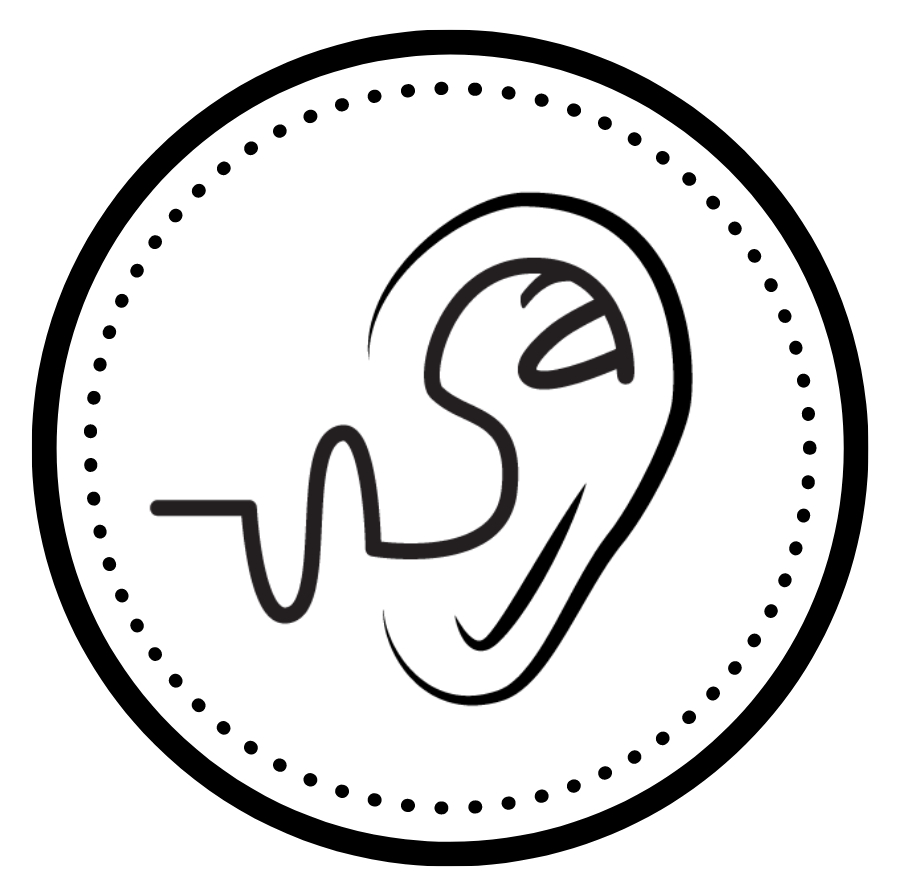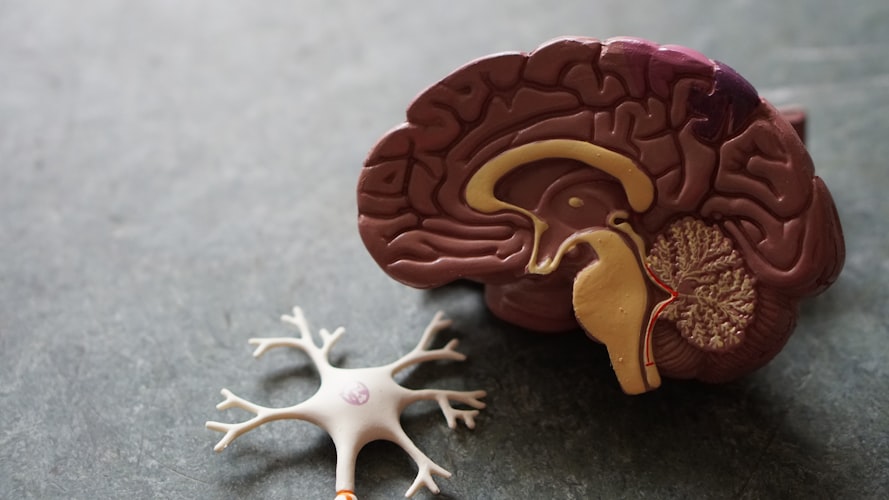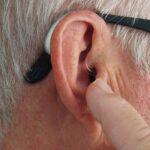The brain is one of the most complex organs in the human body. Every movement, every decision, every system necessary for living is processed at the level of the brain.
It should be no surprise that speech and sound processing also takes place in the auditory cortex within the temporal lobe located in the left hemisphere of the brain.
Audiologists study the ears to measure hearing ability. However, we know that information from the ears travel through nerves to inform the brain WHAT the person is hearing. Sound information from the right and left ear combine in the auditory cortex to:
1) determine where a sound is coming from
2) identify what the sound is, and
3) analyze combinations of sounds to decipher speech
Auditory Cortex
The auditory cortex interacts with other parts of the brain to help the person decide what to do with the sound(s). Hearing is simple, while understanding speech is far more complex.
If someone has a hearing loss, all the sounds necessary for understanding speech do not reach the brain to be able to fully process the incoming message.
Hearing Loss and Sound Processing
Sound processing ability can vary depending on different factors. Examples include: stress, listening environment, fatigue level, and familiarity of speaker. Sound processing ability can also decline with aging – with or without the presence of hearing loss. The truth is, we don’t know exactly how well someone communicates in the real world based on their audiogram.
If there is a loss of hearing sensitivity in the cochlea, then it is very likely that the hearing loss has a negative impact on sound processing ability in the auditory cortex. For someone with mild hearing loss, more volume (via an amplified speaker system or hearing aids) can make speech understanding easier. For those with more severe losses, people will rely on visual information in addition to hearing to process speech in the brain.
Our brains are plastic. No, not the kind of plastic you pull out of your Amazon packages. Neuroplasticity is a term used to describe the brain’s ability to recreate or reorganize nerve connections in response to changes within the system (e.g. hearing loss or a traumatic brain injury).

In most cases, hearing loss happens gradually in both ears. The brain slowly adapts to listening with poorer hearing sensitivity and thus, relies on using less sound information to help with speech understanding.
The result? Constant communication breakdowns, misinterpretations, and frustration. Frustration can happen repeatedly for both the person with hearing loss and their communication partner.
Final Thoughts
If you are concerned about your hearing or suspect hearing loss in someone you care for, it’s important to get a hearing test with an audiologist soon to talk about how to navigate listening challenges. It’s important that the brain preserves its connection with the ears. Seek out an audiologist to talk about hearing health and learn how to improve your speech understanding ability!





